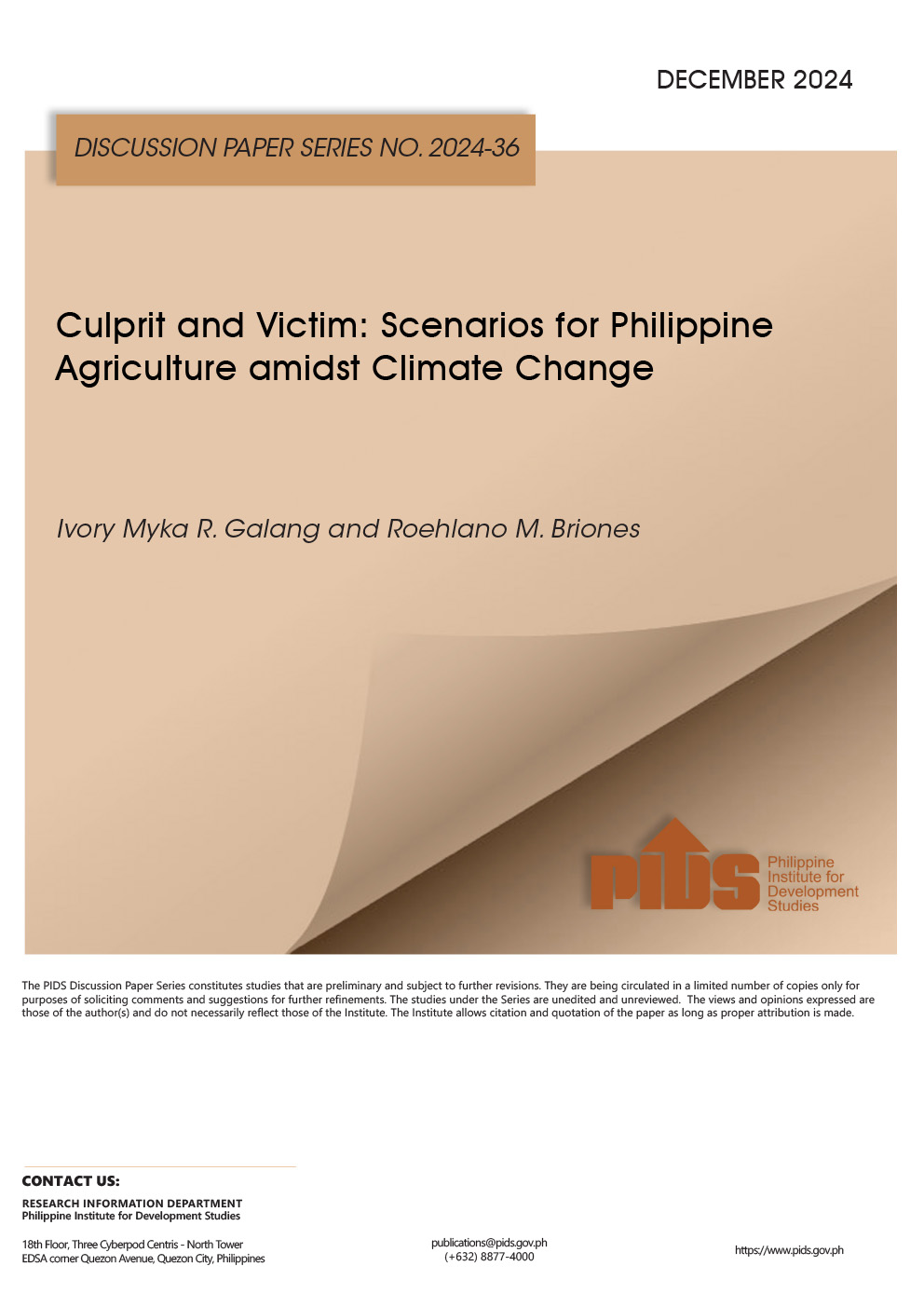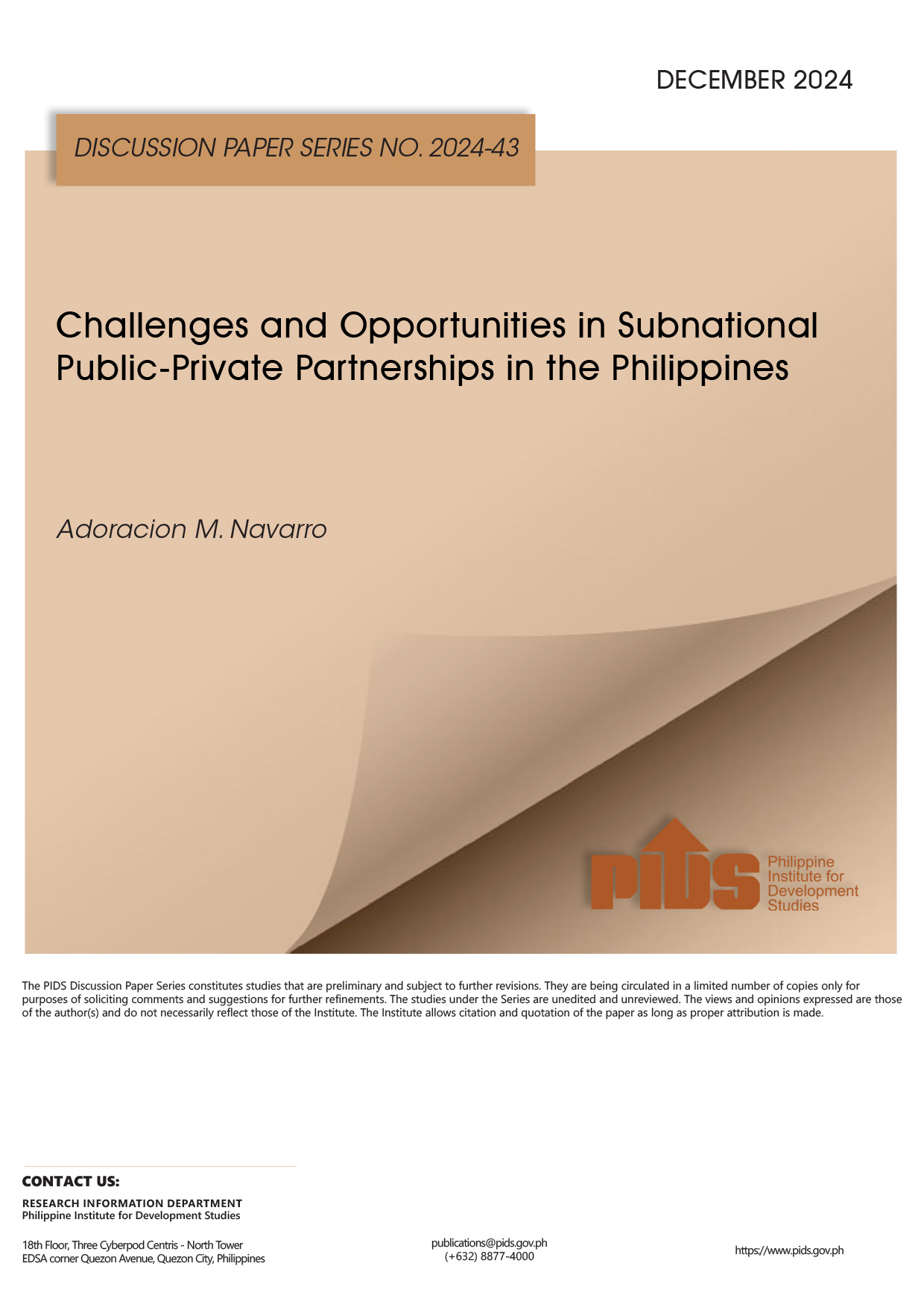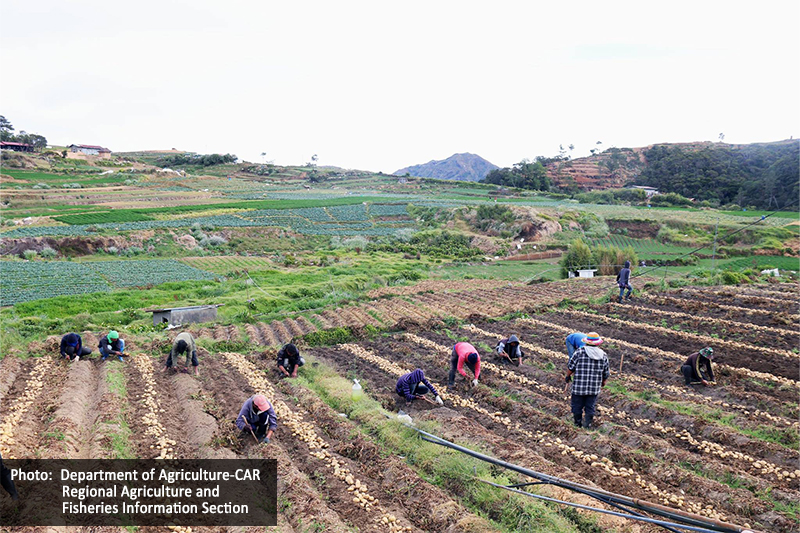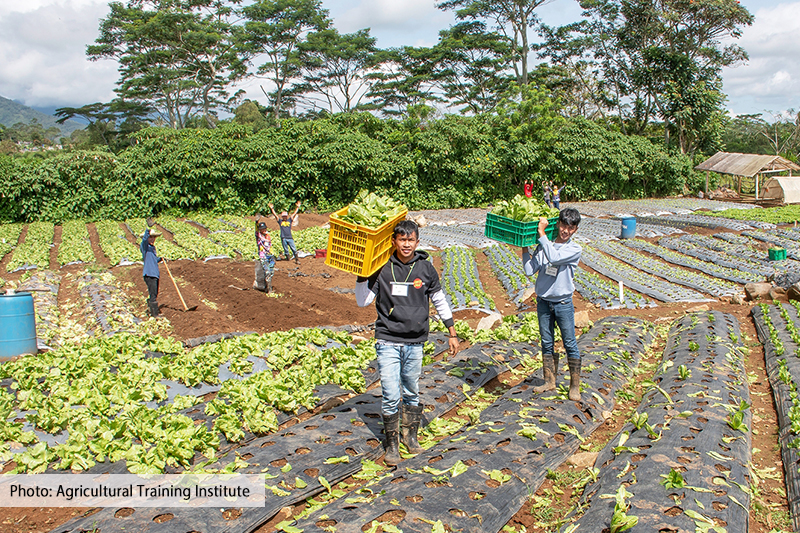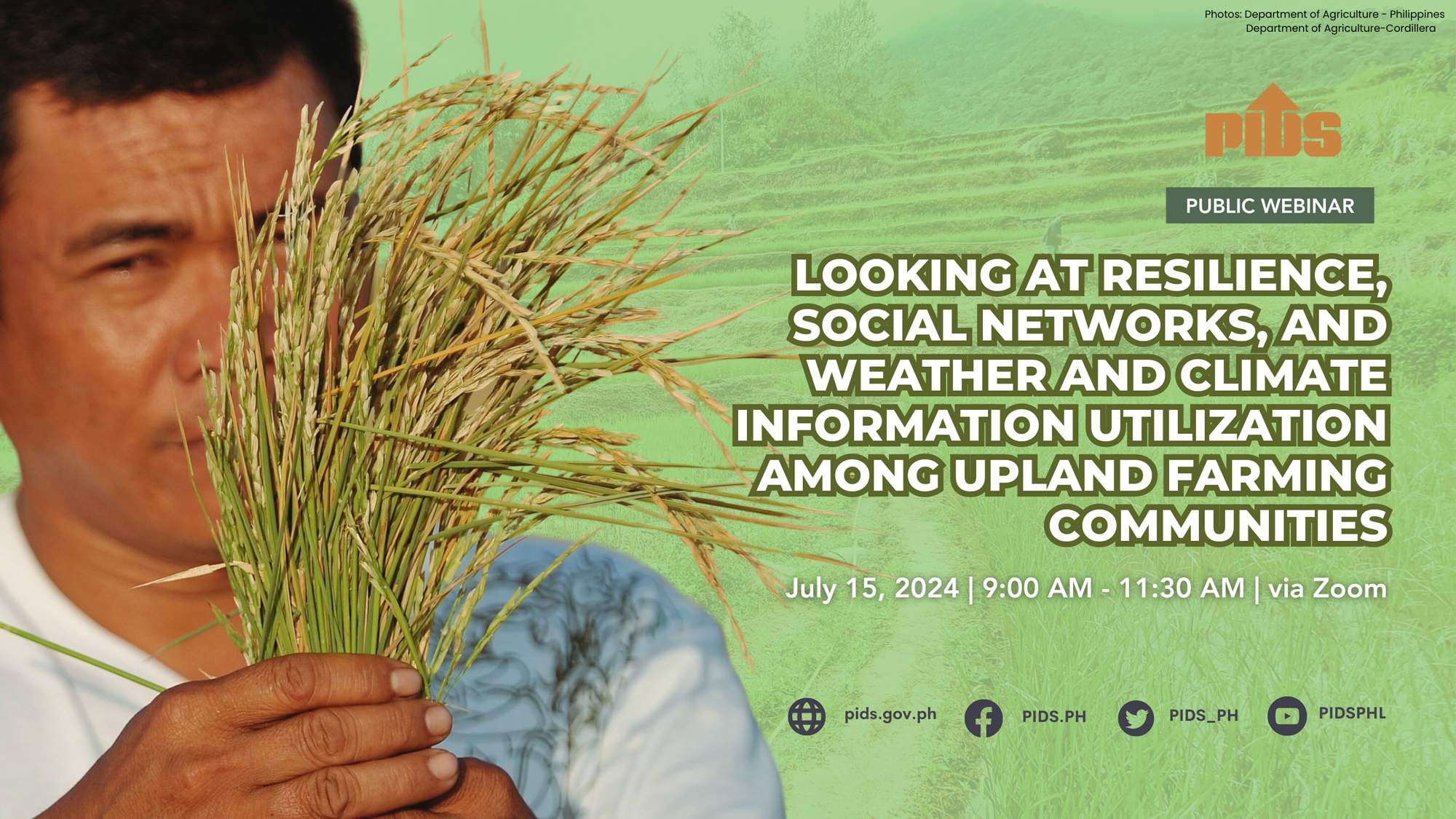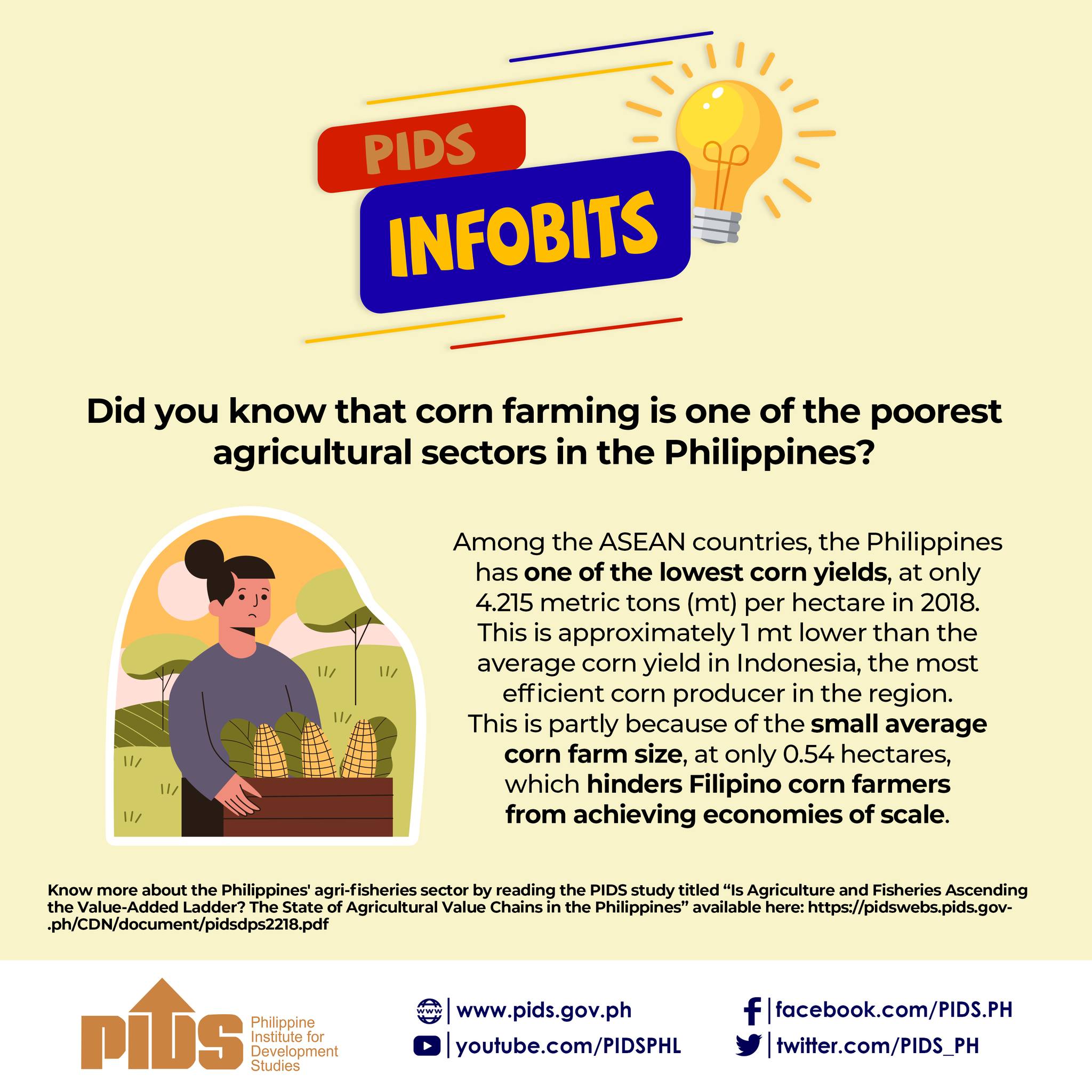The Food and Agriculture Organization (FAO) defines contract farming as "agricultural production carried out according to an agreement between a buyer and farmers, which establishes conditions for the production and marketing of a farm product or products.”
In this scheme, the farmer agrees to supply agreed quantities of an agricultural product that meets the quality standards and time schedule of the buyer. In turn, the buyer commits to buy the product and, in some cases, supply farm inputs and land preparation services and provide technical advice.
Contract farming is widespread all over Southeast Asia. It is extensively practiced in broiler chicken, dairy, oil palm, vegetable and seeds, and others. In the Philippines, most of the chicken value chain is contract grown by San Miguel and Bounty from day-old-chicks to hatching to growing. Monterey Farms is engaged in contract breeding and fattening of hogs. East-West Seed is active in contracting vegetable seeds.
Several firms are engaged in okra for export to Japan. Cavendish banana exporters, such as Dole Stanfilco, Sumitomo Fruits, Unifrutti, and Lapanday Foods, are mostly supplied by contracted farmers. The same with some companies in pineapple exports, such as Dole and Davco.
SL Agritech, the hybrid rice pioneer, does the outsourcing of rice seeds. Agumil and Kenram are into oil palm. Universal Leaf Philippines deals with small farmers in tobacco.
Many sectors strongly believe in the benefits of contract farming. A 2008 report of Asian Development Bank Institute by Sununtar Sethboonsarng listed these benefits: market access, increased farm incomes, reduced risk of price fluctuations, credit access, timely supply of inputs, reduced production risks for farmers, and introduction of higher value crops.
The same report cited some concerns: buyer’s monopoly power, shift of labor management to family farms, contract enforcement, bias of firms towards large farms, intensive management needs of growers, and increased risks for the firm.
In addition, pole vaulting, that is, selling by contract farmers to buyers offering higher prices, is a common problem in the Philippines.
Shankar Gopalakrishnan, an Indian political economist (circa 2010) holds negative views about contract farming.
He cited the dangers to small Indian farmers: companies change the standards of the agreement over the years, such as imposing stricter standards; delayed payment by companies; the company demands the use of certain brands of fertilizers; and the company will require the farmer to invest in new facilities, or require workers to work longer hours and at different times, and insist that the crop has to be delivered at a certain exact time.
Further, the company will also tend to ask for the farmers to process the crop, the costs to be borne by the farmer; the cost of supermarket discounts will be imposed on the farmers; farmer who defaults on those loans may be penalized in other ways, and companies may break the contract and fail to buy the crop entirely if it is not profitable for them.
In the Philippines, contract farming has been found to cause a demonstrable and sizable increase in profitability for the tobacco farmers (Roehl Briones, Philippine Institute for Development Studies, 2014). Briones found that contract farming favored smaller farmers, which is contrary to previous findings.
The rigorous study contributes further evidence to confirm that supply/value chains linking agribusiness with small farmers through contract schemes are a viable model of inclusive rural growth, value addition, and economic diversification.
However, transport cost and inadequate physical accessibility tends to undermine profitability as well as the likelihood of contract participation.
Overall, contract farming is a good business model, especially in the Philippines. The model integrates market access, technical assistance, and financing support.
Long-term expansion has been noted in contract grown crops -- both export (banana, pineapple, okra) and domestic (chicken, hogs, vegetable seeds and oil palm).
In the areas studied by Briones, a great majority of tobacco farmers have already switched to contract farming. There were output and profitability increases, but these were mostly for medium to large farmers.
The trailblazing study by Briones further showed that contract farming can also benefit small farmers, just like in tobacco.
In the end, contract farming could be a viable model for inclusive rural growth. It is not the single "silver bullet,” but an important one. The pre-requisites are good infrastructure (i.e., roads, water supply), contractual commitments by engaged parties and conducive business climate.
Rolando D. Ty is the Vice Chair of the MAP AgriBusiness and Countryside Development Committee, and the Executive Director of the Center for Food and AgriBusiness of the University of Asia & the Pacific.
map@map.org.ph

